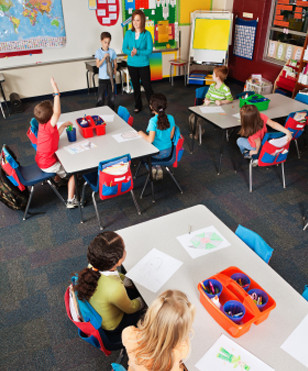
Achieving Oregon’s educational goals requires engaging communities beyond the classroom. The Oregon Education Investment Board (OEIB) has launched the Regional Achievement Collaborative Initiative (RAC) to forge connections that improve educational outcomes. Each Oregon school district, community college and university has an individual achievement compact with the OEIB. The compacts set goals for improving key outcomes, such as third grade reading, ninth grade on track, graduation rates, college enrollment, and closing achievement gaps. RACs bring leaders from across the continuum of educational entities together with public, civic and private partners.
Oregon Consensus assisted the Oregon Education Investment Board (OEIB) in the creation of RACs that were piloted across Oregon. OC services included stakeholder engagement, organizational development, consensus building and consultation. OC also assisted in implementing collaborative learning opportunities that supported the sharing of expertise, information, and experiences critical to developing best practices for achieving the state’s 40-40-20 vision.
News:
“Local Technical Education Gets a $200,000 Boost,” Argus Observer article.
Malheur County Signs First RAC Declaration of Cooperation
Tillamook College and Career Ready RAC and community partners sign Declaration of Cooperation (PDF)/a>
Training
“OEIB Equity Lens Training: Examining Beliefs” presented by Dr. Doris McEwen Harris, Chemeketa Community College, January 31, 2014. Adobe Connect Webinar. Length: 72 minutes.
Project Documents:
RAC Fact Sheet and List of RAC Pilot Participants (PDF)
OEIB Equity Lens Document (PDF)/a>
More Information
What is a Regional Achievement Collaborative?
A regional achievement collaborative is a self-governing group of individuals and organizations who have created an agreement, in the form of a declaration of collaboration, to join forces with the OEIB to advance educational achievement from pre-kindergarten to post-high school (referred to as P-20). Members of the collaborative will work together to identify underlying problems that impede education, to identify solutions and to integrate the resources needed to implement priority solutions. Regions will likely have several educational improvement projects underway simultaneously, ranging in scope from building a new school to improving curriculum or access to social services and community resources. Each collaborative team will meet regularly with the assistance of a project manager who will help the group reach consensus and work together to assemble resources to implement solutions.
Who are the members of the regional collaborative teams?
Regional collaborative teams are typically formed by a community college head who takes the lead in working with others to identify community organizations that would be helpful in addressing educational challenges. The collaborative teams are typically co-led by another community member who has experience working with others to affect local change. Members of the collaborative teams include entities that can help implement solutions including: community colleges, universities, school districts, community partners, agencies, parents, local business leaders, educators, agency representatives, foundations, education service districts and any members of any other sector who possess the capacity to aid in the group’s efforts.
